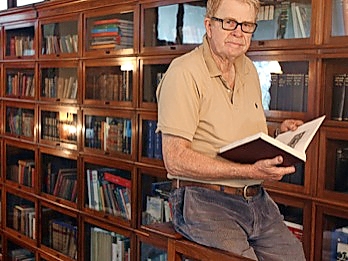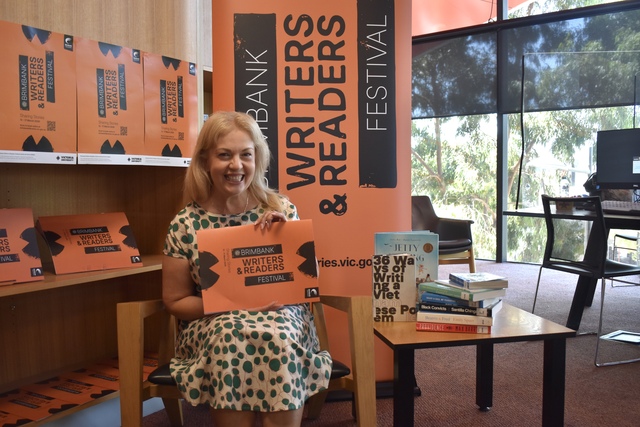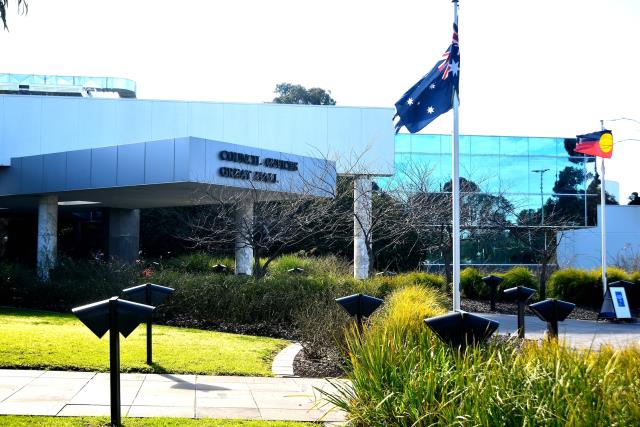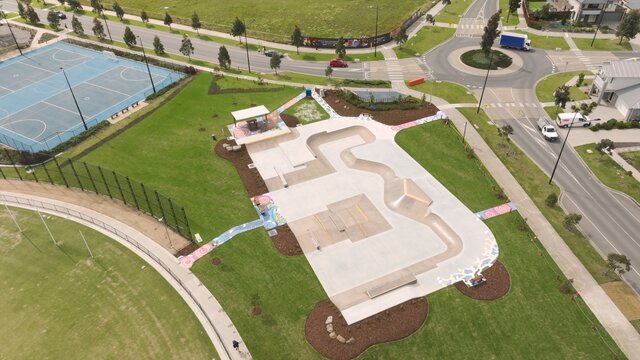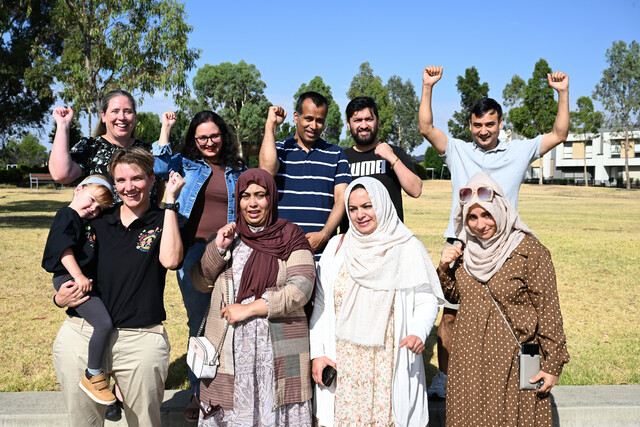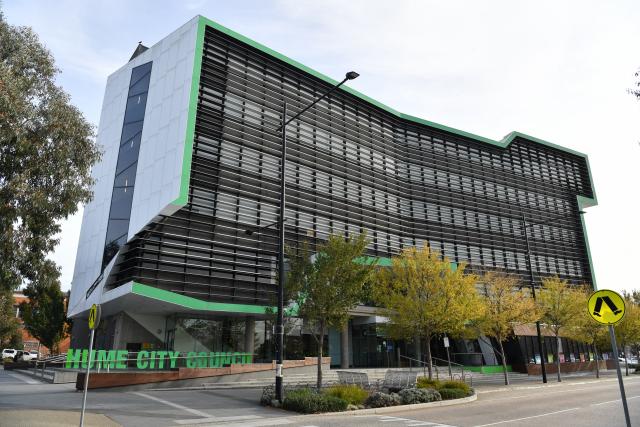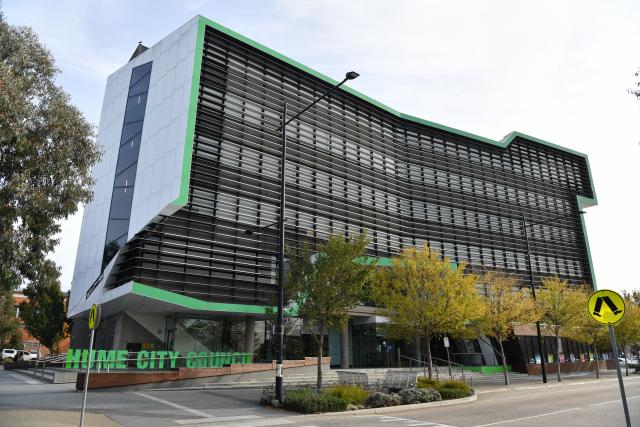A proposal to develop a Whittlesea property in a green wedge zone has been knocked back.
The owners of a 124-hectare property in Wildwood Road requested that Whittlesea council amend its planning scheme to allow for the subdivision of the property into 60 lots – with most lots being smaller than one hectare – in exchange for “gifting” the council the historic homestead, library and 15.7 hectares for community benefit.
At their meeting last Tuesday, councillors voted to acknowledge the value and historical significance of the property at 430 Wildwood Road but rejected the application’s proposal on the grounds of “insufficient strategic justification”.
Whittlesea council director of planning and major projects Steve O’Brien wrote in his report that the proposed development would be significantly out of character with the rural nature of the area, there was insufficient net community benefit, and subdivision would prevent any further use of the property for agricultural purposes.
Robert and Roshni Thompson bought the historic property, known as Mornmoot, 12 years ago.
They put it up for auction in 2012 with an asking price of more than $7 million, but it was passed in.
It is within the green wedge zone (GWZ) and requires a minimum lot size of 40 hectares.
In April, the Thompsons sought Whittlesea council’s support for their development proposal.
The council then advised it was “predisposed to providing support” for a planning scheme amendment due to “sufficient strategic merit”.
Mr Thompson said his family subsequently spent $400,000 strengthening the case for the development, only to be knocked back seven months later.
“They have me beat,” Mr Thompson said.
“The council has rejected the retention of the history of Mornmoot.”
He said various aspects of the property would be sold, and his family reserved the right to present the case to the council again.
Allen Clark, whose property backs on to the Thompsons, was pleased the council decided to protect the property from development.
“The council’s move is excellent because it sets a precedent that GWZ is sacrosanct,” he said.
RMIT Environment and Planning professor Michael Buxton agreed.
“The trade-off of the homestead and library as a bait for more intensive development should be resisted because it sets a precedent,” he said.

